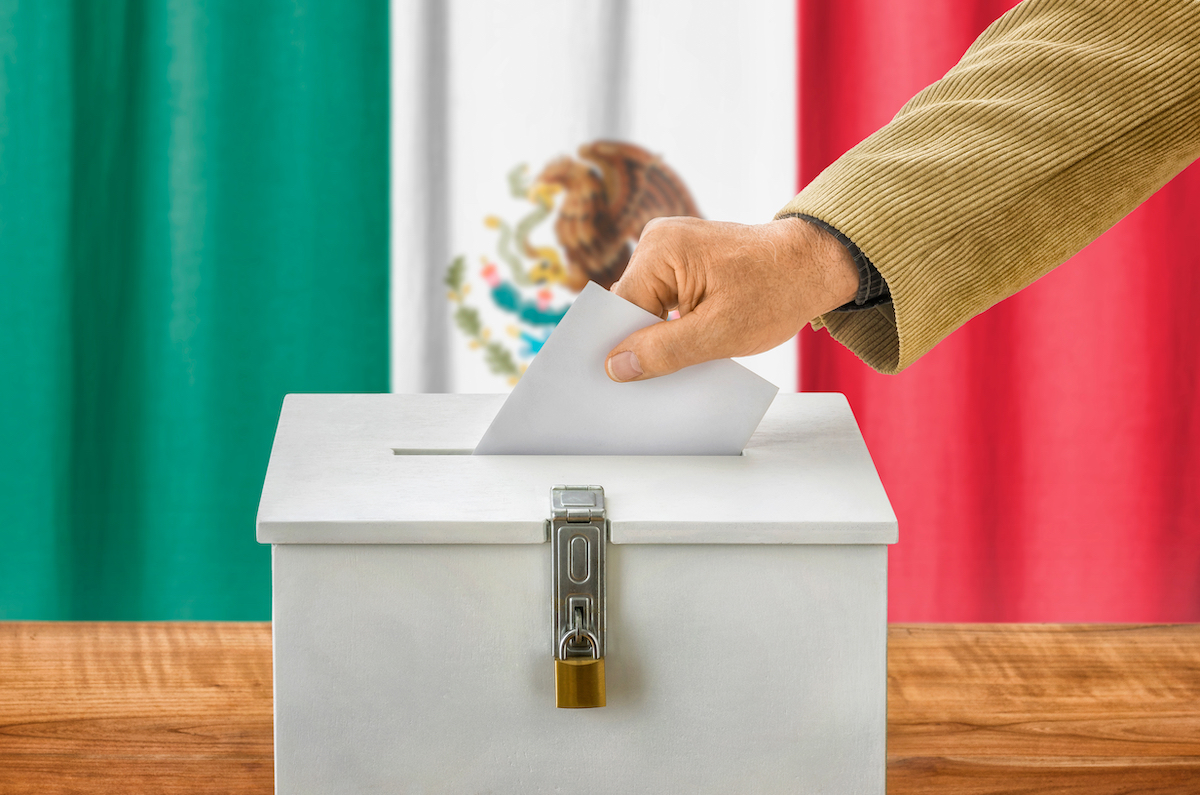Electoral debate forums a wasted exercise

Open Parliament forums in the Chamber of Deputies for discussion of constitutional reform in electoral matters sent by the Presidency of Mexico are muddled, prolific and dispersed. The lack of clarity and force is troubling in discussing such a transcendent issue of the country’s political life. Inclusive strengthening and participation on all political fronts is urgently needed, or else Mexican democracy will be in jeopardy.
On April 28, the Office of the Presidency sent a reform initiative that seeks, among other points, to save 24 billion pesos and proposes the creation of the National Institute for Elections and Consultations (INEC), electoral centralization through a single piece of legislation, and the federalization of elections. Operations and disappearances of local organizations, reducing the number of advisors, eliminating multilateral scarring, reducing funding and political time in the media.
Although the proposal contains successes in terms of budget savings and streamlining of operations, the main risk lies in the democratic electoral centralization of the federal government in turn by taking advantage of its operational, financial and information capacity at the national level.
Precisely for this reason, in order to create a space for debate and debate, 22 open parliamentary forums have been scheduled in the House of Representatives from 26 July to 25 August (similar to those organized for the purpose of the Constitutional Reform Initiative in energy matters), so that our representatives in the Congress made an informed and timely decision on the proposed changes.
However, these discussion spaces are off the wrong foot. Beyond setting aside the so-called Republican austerity due to the onerous prescribed cost of 20 million pesos; The lack of organization obscured the start of the exercise in the first working schedule by recording a quorum for the start of the exercise, as well as the fact that in the absence of opposition, only the opinions in favor of the initiative were given by the Morinista.
The Va Por México coalition, on the other hand, started their forums on the first weekend of the month, which included the attendance of former FIFA presidents Jose Waldenberg and Luis Carlos Ugalde. So is the current president of the National Institute of Statistics, Lorenzo Cordova. So far, five alternative forums organized by the opposition have been considered.
An exercise that should be enriching and comprehensive becomes a missed opportunity. Various opinions agree that the organization of these forums is more a political simulation than a serious process of analysis as no agreement will be reached in the Chamber and therefore in Consultores Internacionales, SC®We anticipate that the presidential initiative that seeks to eliminate the National Electoral Institute will hardly be approved, with or without changes.
Among the most fixable issues in the reform are the reduction of councils and the funding ceiling in the budget. There are currently 500 councils proposing to abolish 200 multi-members; In principle, it is a sufficient contribution in terms of savings and speed of legislative processes, but it is also true that in many of these councils there are representations that are better prepared academically. No savings justify the lack of preparation and professionalism of our representatives, and this should be a priority.
On the subject of financing, in 2022 the sum of 5.54 billion pesos was approved in the budget of political parties, which is exorbitant, but in excess of tens of millions more or less, the focus that must be deepened is in the legitimacy of campaigns and transparency in the exercise of the budget, but above all Something in the resource origin. Obscure financings must be ended to avoid yellow envelopes from friends and family.
The greater danger is undoubtedly the lack of democratic pluralism and greater electoral centralism. Although it is true that the presence of different political parties that only seek to preserve registration and contribute little to pluralism should be analysed, what should not be allowed in any way is electoral centralization for all reasons, not only because it means less capacity in the infrastructure that would That leads to insufficient development of such broad electoral processes, but also because it contributes to process opacity and greater control over the outcome.
Electoral reform and its discussion forums is a subject supposedly so confusing and so far from citizens that it will be of little use in promoting democratic life, and even more so, they can become a serious setback, if they allow shortcomings to come close to centralists masquerading as budget savings. It wouldn’t be the way they say that by saving a few cents they end up spending the peso.
The writer is Head of International Consultants, SC®
Related

“Award-winning zombie scholar. Music practitioner. Food expert. Troublemaker.”


/cloudfront-eu-central-1.images.arcpublishing.com/prisa/AHVYMMDSTZDTDBFNZ3LMFUOKNE.jpg)




:quality(70)/cloudfront-us-east-1.images.arcpublishing.com/elfinanciero/YDG4472QRJGMPHNKW6S4XD76GI.jpeg)

/cloudfront-eu-central-1.images.arcpublishing.com/prisa/X33WQ3GSYFF3DBKJDAVIGHN3DA.jpg)

